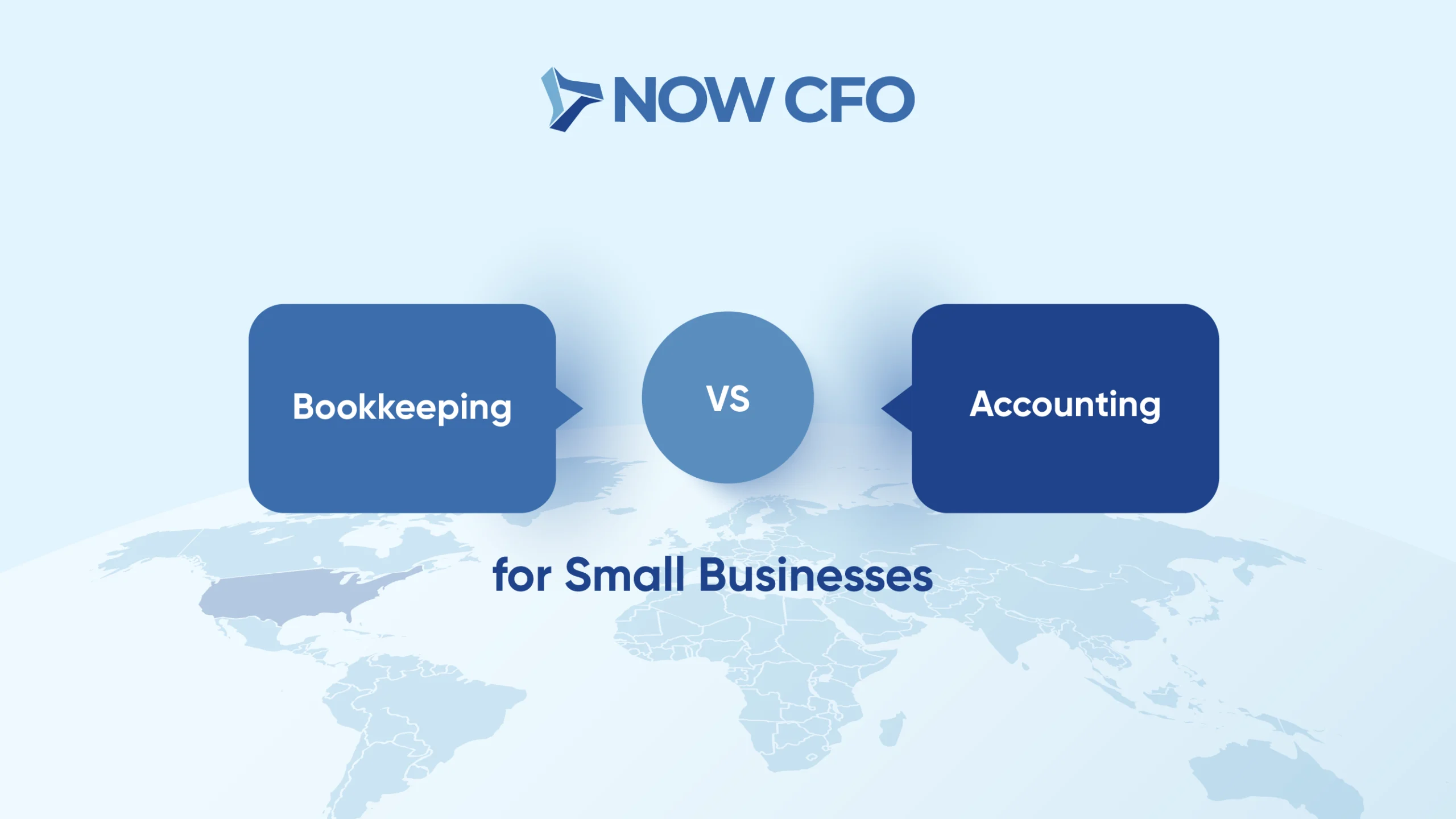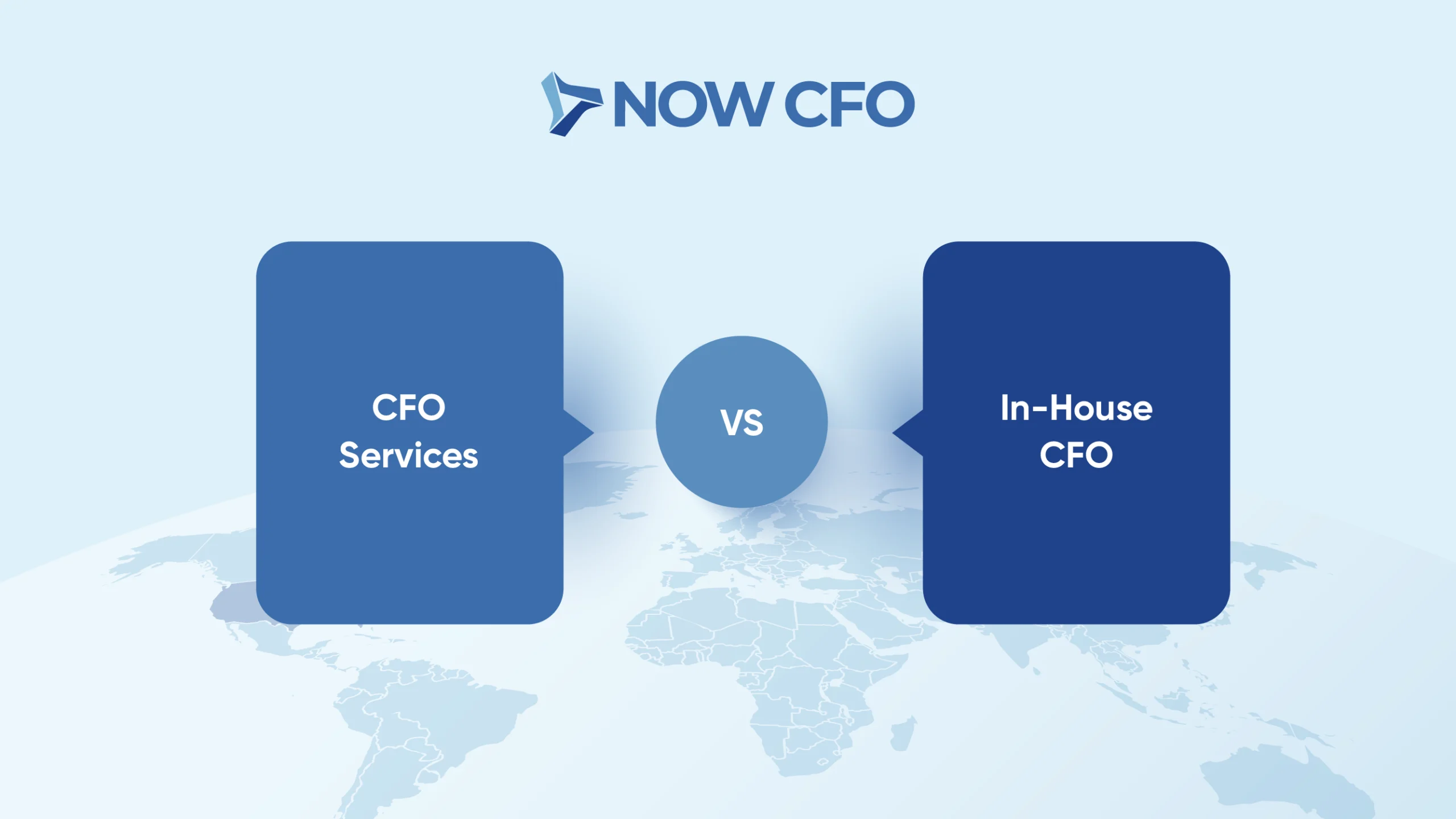
While the fundamentals of financial planning remain constant, established businesses face unique challenges and opportunities on their path to sustainable growth. These businesses have already navigated the initial stages of development and are now positioned to make strategic financial decisions that will drive them toward continued success.
The Role of Financial Planning
Financial planning is the compass that guides established businesses through the complexities of growth and market fluctuations. It provides the framework for managing resources effectively, seizing opportunities, and minimizing risks. Here’s why financial planning is particularly vital for established businesses:
- Scaling Operations: As businesses expand, they need a financial plan that accommodates growth, optimizes resource allocation, and ensures profitability.
- Capital Allocation: With access to more substantial capital, business owners must prioritize where and how they invest to maximize returns.
- Risk Management: Financial planning helps businesses identify, assess, and mitigate risks as they face new challenges and uncertainties.
- Strategic Decision-Making: Informed by financial data and forecasts, business owners and leaders can make strategic decisions about expansion, acquisitions, partnerships, and more.
- Investors and Stakeholders Confidence: Demonstrating a sound financial plan enhances credibility and confidence among investors, lenders, and stakeholders.
Strategies for Creating a Robust Financial Plan
Here are tailored strategies to create a robust financial plan for established businesses:
Strategic Goal Setting:
- Align financial goals with the broader business strategy.
- Set specific financial targets, including revenue, profitability, and market share.
Comprehensive Financial Analysis:
- Perform an in-depth analysis of financial statements, including income statements, balance sheets, and cash flow statements.
- Identify key performance indicators (KPIs) that reflect the unique drivers of your business.
Scenario Planning:
- Develop multiple financial scenarios to anticipate potential challenges and opportunities.
- Create contingency plans to respond effectively to unexpected developments.
Capital Investment Strategy:
- Assess capital needs for growth and expansion.
- Determine the most effective allocation of capital among investments, debt reduction, and shareholder returns.
Risk Assessment and Mitigation:
- Conduct a thorough risk assessment to identify industry-specific and market-related risks.
- Develop risk mitigation strategies and allocate resources accordingly.
M&A and Expansion Planning:
- If considering mergers and acquisitions or expansion into new markets, conduct thorough due diligence and financial modeling.
- Evaluate the financial impact and potential synergies of these strategic moves.
Financial Talent and Technology:
- Invest in top financial talent and cutting-edge financial technology to support decision-making and optimize financial processes.
External Expertise:
- Consider engaging external financial consultants or advisory services, such as outsourced CFOs, to provide specialized financial guidance.
Leveraging Financial Experts for Growth
Established businesses can benefit significantly from partnering with financial experts. Here’s how financial professionals, including outsourced CFOs, can enhance your financial planning efforts:
Outsourced CFO:
- Offers strategic financial leadership and direction, reaping the benefits of outsourcing your CFO services for optimized financial decision-making.
- Assists in long-term financial planning and capital allocation.
- Enhances financial systems and financial reporting for better decision-making.
Financial Advisory Services:
- Provide specialized expertise in areas like valuation, risk management, and M&A strategy.
- Offer objective financial analysis and recommendations for informed decision-making.
Accounting and Finance Experts:
- Handle complex financial tasks, such as financial modeling, cost analysis, and budget optimization.
- Ensure accurate financial reporting and compliance with industry standards.
Financial planning is not just a strategic tool; it is an urgent imperative for established businesses. With growth potential knocking at your door, a robust financial plan is your compass through uncharted territories. It is your shield against unforeseen challenges and your key to unlocking the full potential of your business. Don’t wait; the time to act is now. Consider the expertise of NOW CFO consultants to ensure your financial plan is not just robust but dynamic and adaptable to seize every opportunity and navigate every obstacle that arises on your journey toward sustained success.














